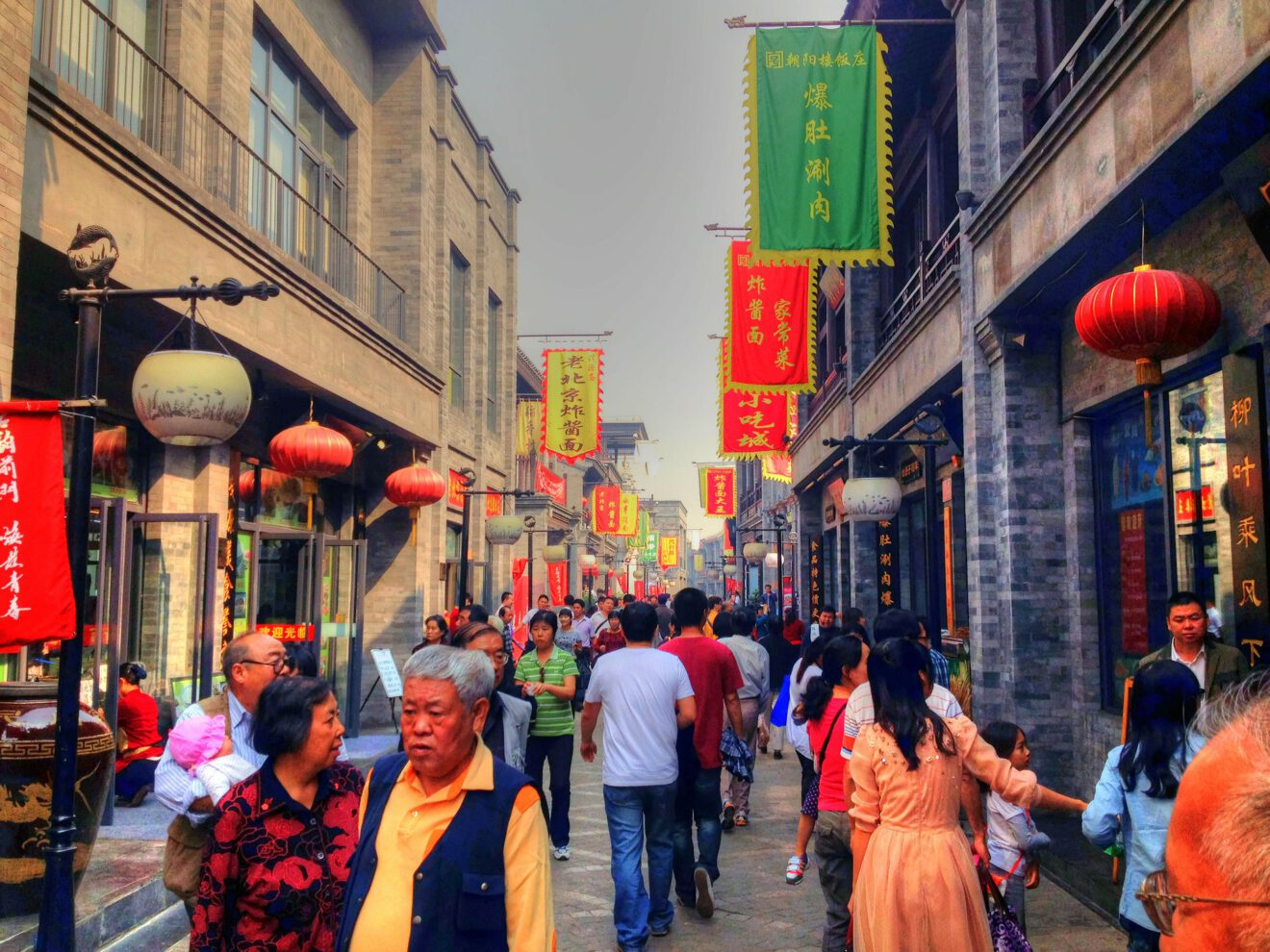China is presenting more avenues for investment as consumption and services have emerged as the biggest part of the country’s economy, a Matthews Asia panel said at Schwab IMPACT in San Diego.
Investment strategist Andy Rothman addressed investors’ main concerns surrounding China. One of those is the protests occurring in Hong Kong. Rothman said the risks from those are low as China’s economy is now driven by innovation and consumer services.
“China has to look more like Hong Kong in the future, and crushing Hong Kong would effectively be the Chinese government saying they’re giving up on their own future,” he said.
Portfolio manager Joyce Li said investment opportunities are emerging in China because of consumption and innovation. Consumers in lower-tier cities are less understood than those in top-tier cities, and their spending behavior is creating an environment where local businesses have chances to thrive, she said.
Rothman described China’s upswing in consumer services as sustainable because residents of the country are earning more and saving more money, and the trend is leading to the “rise of the Chinese entrepreneur.”
Another area of investor concern is the US-China trade dispute. Rothman said he sees a 90% probability of a trade deal emerging this month if US President Donald Trump and Chinese President Xi Jinping have an opportunity to meet. Whether they reach only a partial deal is not important, because “the biggest negative consequence of tariff dispute is uncertainty,” Rothman said.
Investors seeking opportunities in China should look closely at corporate governance, Li said. She recommended having a checklist that includes closely examining a company’s supply chain and government filings, conducting on-the-ground visits, and understanding the founder’s background to ensure that interests are aligned.
Evaluating corporate governance “through a dividend lens” is an effective step when investing in China, because doing so helps with fraud detection as it reveals a company’s ability to pay a dividend, Li said.
Portfolio strategist David Dali said Matthews Asia thinks Chinese equities are likely to rerate higher because of greater inclusion on MSCI indexes. The MSCI China Index is inefficient and “beatable,” and China-focused active managers have a history of outperforming benchmarks in this area, he said.
Chinese companies’ earnings are comparable to US companies’ earnings, but valuation of Chinese equities is 30% cheaper, Dali said.
